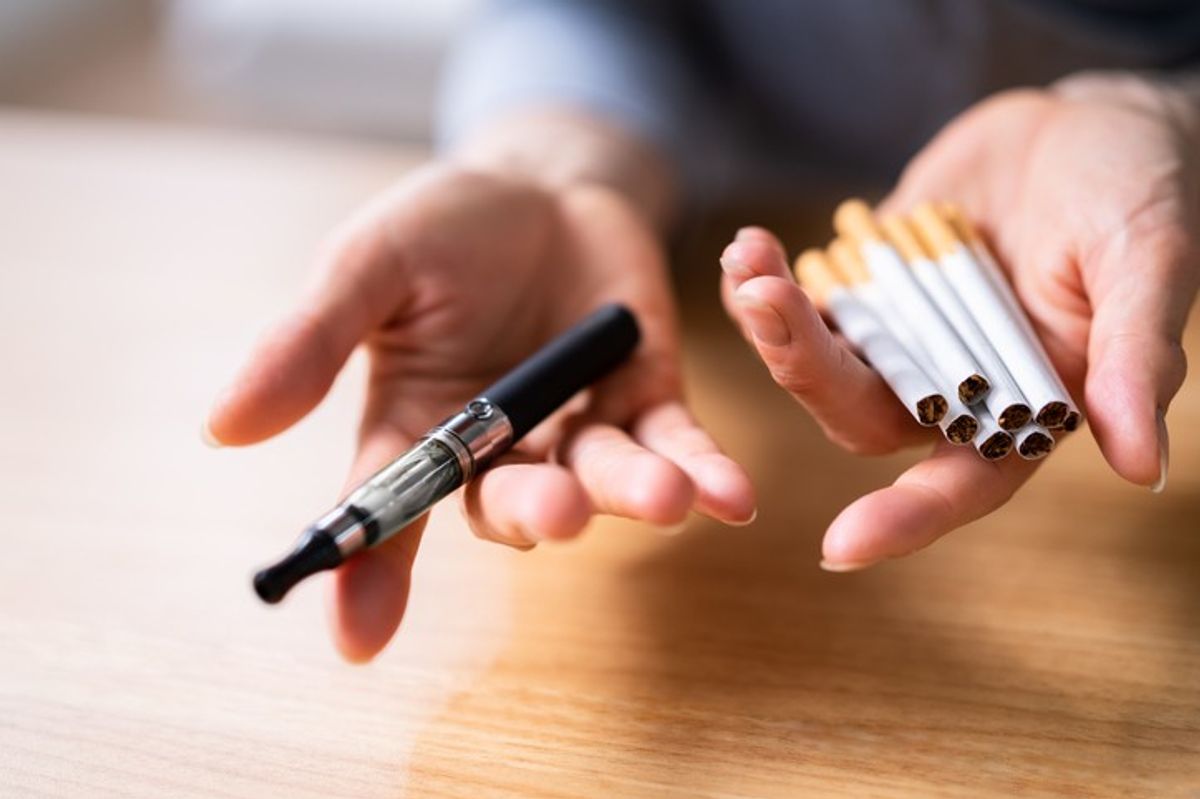Brits might be forced to shell out more for cigarettes as the cost of a packet could reach up to £16 soon as recent reports state that Chancellor Jeremy Hunt is considering an increase in tobacco duty in the upcoming budget.
According to recent media reports, Hunt is considering a price hike for cigarettes on March 6 by increasing tobacco duty. Currently, Britain is one of the most expensive places in Europe to buy a packet, with the average cost of 20 cigarettes around £14.39.
The price of cigarettes in the UK has increased substantially since 2000. In 2022, the average retail price of a 20 pack of cigarettes was £12.61. As of December 2023, a pack of 20 cigarettes costs £14 to £15.
This decision is part of a broader strategy aimed at reducing smoking rates, complemented by a ban on disposable vapes and the introduction of fees on imported e-cigarettes. The upcoming budget announcement is eagerly awaited as it could mark a significant turning point in the nation's public health policy.
The report comes amid tough stance by prime minister Rishi Sunak with his new generational smoking ban under which it will be illegal to sell cigarettes to anyone born after 2009 with legal age rising every year.
Next week's Budget might also see a new vape tax on imported e-cigarettes to make them less affordable for children. The duty will apply to the liquid in vapes, with higher levels for products with more nicotine. Sources told The Sun that the extra tax hike on fags is designed to ensure that vapes are still the cheaper option for smokers.
The tax would be similar to 15 schemes in European countries, including Germany, where a £1.37 tax is charged on every 10ml of vape liquid. The EU is also planning a vaping levy across the 27-nation bloc. Currently, vaping products and non-tobacco nicotine are taxed at 20 per cent VAT, with a lower 5 per cent rate for e-cigarettes regulated as medicines.
The new tax in the UK would charge higher rates for products with more nicotine. There would also be a one-off increase in tobacco duty to ensure that vaping remains a cheaper alternative, with the two measures expected to raise more than £500m a year by 2028-29, reports stated.
About six million people in Britain vape. Young people have rapidly become the most prolific users of the products, with usage rising to 22 per cent of those aged 16 to 24.
Meanwhile, the UK Vaping Industry Association, an industry body for vape manufacturers, said a new tax would "penalise" smokers who have made the switch from tobacco.
John Dunne, its director general, added it would also make vapes a "less accessible" alternative for people in poorer areas with the highest smoking rates. He argued that it could also "fuel a black market which is already in danger of being out of control".


